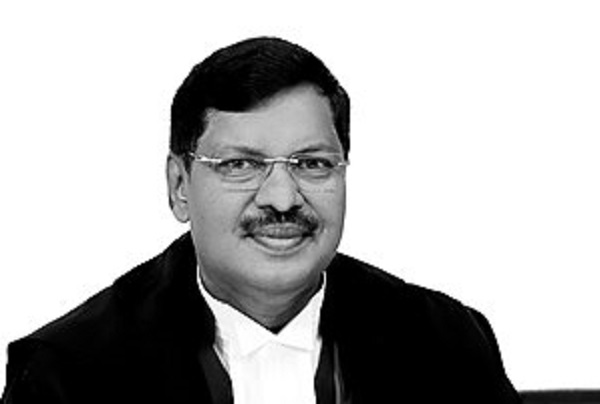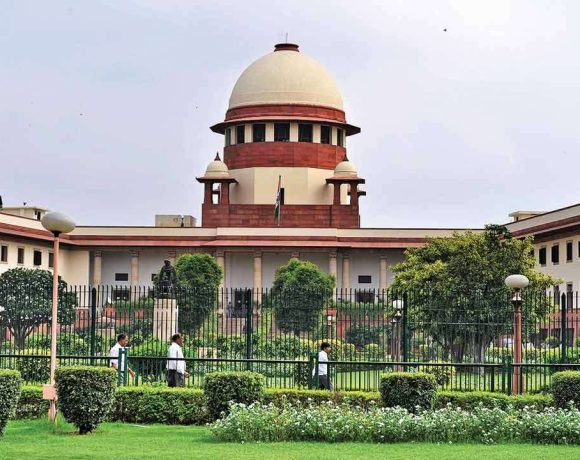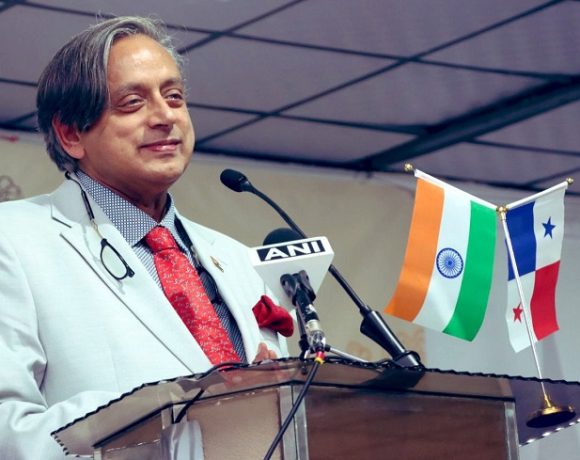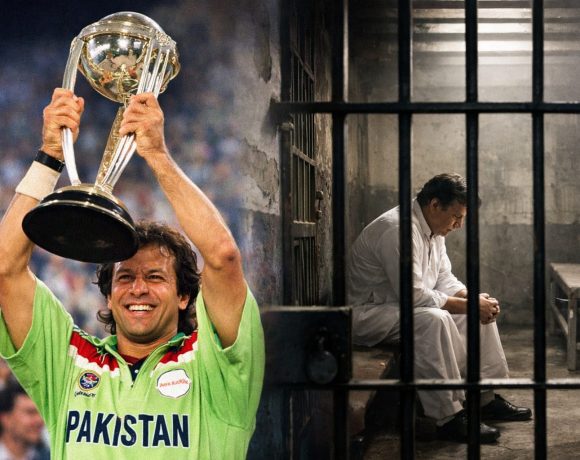
Chief Justice BR Gavai Emphasizes Equality Among Democracy’s Pillars
Chief Justice of India BR Gavai has delivered a strong reminder about the foundational structure of Indian democracy, asserting that the Judiciary, Legislature, and Executive are not ranked in hierarchy but are equals under the Constitution. His remarks come amid rising debates over protocol, institutional cooperation, and mutual respect between constitutional offices.
Equal Standing of Democratic Pillars
Speaking at a recent public function, Chief Justice Gavai stated, “The three pillars of democracy—the Judiciary, Legislature, and Executive—are equal. Every constitutional institution must reciprocate and show respect to the others.” He emphasized that no one branch holds superiority over the others, and each must uphold the dignity and constitutional role of the others in the spirit of democratic balance.
His remarks reinforced the doctrine of separation of powers and the need for constant checks and balances among institutions to avoid overreach or disregard for constitutional boundaries.
Call for Mutual Respect and Protocol
Justice Gavai illustrated the issue of institutional courtesy with a personal anecdote. During a visit to Maharashtra, his home state, after being appointed as the Chief Justice of India, he observed that no senior state official—including the Chief Secretary, the Director General of Police, or the Mumbai Police Commissioner—was present to receive him.
He remarked, “When a person from Maharashtra becomes the Chief Justice of India and visits Maharashtra for the first time, if the Chief Secretary of Maharashtra, the Director General of Police, or the Mumbai Police Commissioner don’t feel it appropriate to be present, then they need to reflect on that.”
While carefully avoiding overt criticism, the Chief Justice used the incident to highlight the lack of mutual respect that can erode the healthy functioning of constitutional institutions.
Emphasis on Constitutional Harmony
Justice Gavai’s address was not merely a reflection on protocol but a broader call for restoring harmony among democratic institutions. He warned against complacency in respecting the roles and presence of each pillar of democracy, particularly when protocol serves not as a personal gesture, but as an acknowledgment of constitutional dignity.
In the current political and administrative climate, where frictions between the judiciary and executive have occasionally flared into public view, Justice Gavai’s intervention is being viewed as a timely appeal to reinforce constitutional civility and decorum.
His message was clear: respect for institutions is not symbolic—it is essential for the survival and strength of Indian democracy.


















